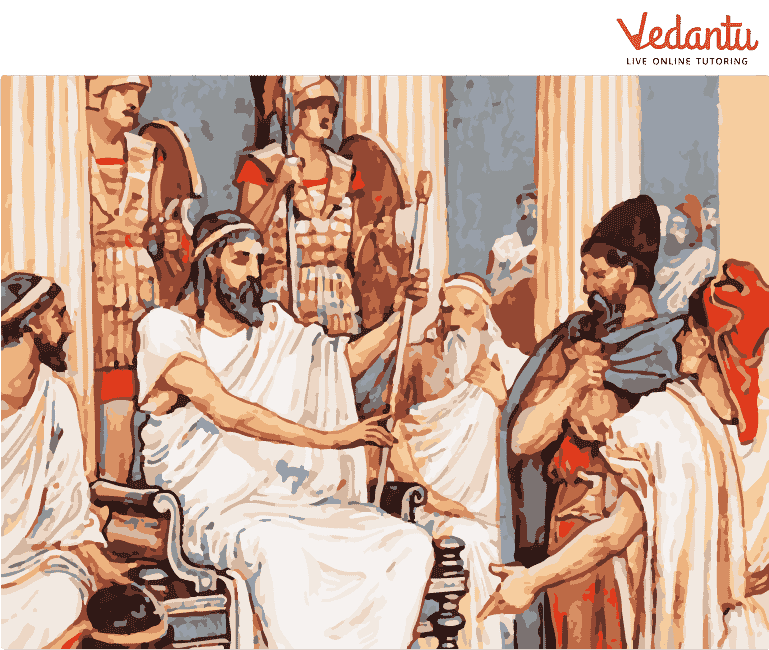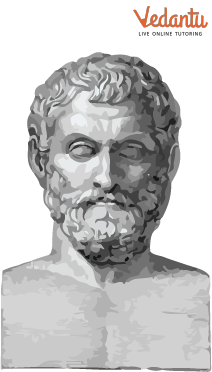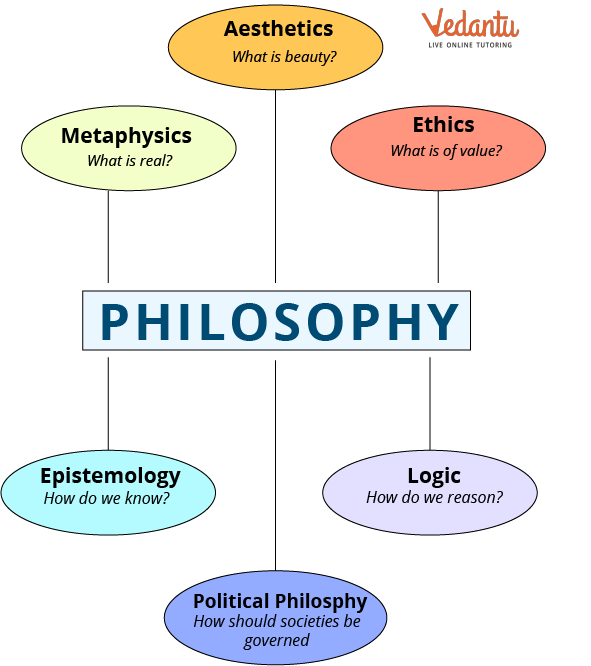




Why Philosophy Matters: Building Critical Thinking Skills for Kids
Let us understand the meaning of philosophy before learning about the role of a philosopher.
Philosophy means the ‘love of wisdom.’ It studies ideas and topics about knowledge, right and wrong, reasoning, smart thinking, and the value of things.
A person who is well-versed in philosophy is known as a philosopher.
They are known to study some of the fundamental questions of human life. What is true strength?
Origin of Philosophy
The study of philosophy began thousands of years ago in ancient Greece. People have been asking and discussing philosophical questions since the beginning of time.
Philosophers sought answers to the small and big questions about life and the world. They are known to be extremely rational and present answers supported by reason and research.
The study of philosophy soon began in different parts of the world, with philosophers seeking answers to specific questions about their religion, lands, or lives.
Some of the most famous philosophies that originated in the world are Ancient Greek Philosophy, Indian Philosophy, African Philosophy, American Philosophy, etc.

The First Philosophers in Ancient Greece
The First Philosopher
The very first philosopher in the world was Thales from Greece.
Thales was a skilled philosopher, astronomer, mathematician, and scientist. He was the first to investigate the basic principles of life and question the world, religion, and the universe. He is best known for predicting a solar eclipse using his remarkable calculation methods.

Thales
Fundamentals of Philosophy
Philosophy is divided into several different branches or fundamentals. Often philosophers decide on one specific branch and study that topic alone.
Philosophy is a very wide and vast subject divided into further branches.
These branches/fundamentals are-
Aesthetics- Study of beauty, culture, and art
Axiology- Study of the value of things in life
Metaphysics- Study of Reality
Epistemology- Study of knowledge
Ethics- Study of the right and wrong in human philosophy
Logic- Study of reasoning and arguments
Political philosophy- Study of government and the relationship between people

Branches of Philosophy
Interesting Facts
Socrates is known as the Father of Philosophy. He is widely known for his contributions which laid the foundation of Western Philosophy.
The Greek philosopher Pythagoras came up with the name ‘Philosophy’.
The reason for Pythagoras’ death is a mystery to date.
Thales is also said to be the first true mathematician in the world.
Philosophy was invented before science, which is the base of science.
Conclusion
Philosophy, or the study of wisdom and knowledge, is highly important since it helps us to understand problems, meanings, ideas, and arguments, think differently, create solutions and study the concepts of the universe.
It helps us to find answers to all the small and big questions about life, human behaviour, nature, the world, and everything in it.
Studying philosophy improves our thinking capacity and reading and writing skills and helps us to live a better and more meaningful life.
FAQs on Philosophy for Kids: Learn Terms, Ideas & Examples
1. What is philosophy, explained in simple terms for a child?
Philosophy is like being a 'thinking detective.' It is the practice of asking big questions about the world, our lives, and what it means to be a good person. It's not about finding one single right answer, but about exploring many different ideas and learning how to think clearly.
2. How can you introduce philosophy to kids in a fun and simple way?
The best way is to start with their own questions! When a child asks 'Why do we have dreams?' or 'What does it mean to be fair?', that's a philosophical moment. You can introduce it by:
- Reading stories that have a moral or a big idea.
- Discussing choices and their consequences.
- Encouraging them to ask 'why' and 'what if' about everyday situations.
3. What are some examples of philosophical questions a child can explore?
Children are natural philosophers! Some great questions to get them thinking are:
- What makes someone a good friend?
- Is it ever okay to tell a lie?
- What is happiness and how do we find it?
- Why do we have rules in games and at home?
- What is the difference between something being 'real' and 'imaginary'?
4. Why is it important for children to think philosophically?
Thinking philosophically helps children develop very important skills for school and life. It improves their critical thinking, helps them understand different points of view (empathy), and makes them better at explaining their own ideas. This builds a foundation for strong problem-solving and communication abilities.
5. What is the difference between a science question and a philosophy question?
This is a great question! A science question usually has an answer you can find by measuring or observing, like 'How many legs does a spider have?'. A philosophy question explores ideas about meaning and value, like 'Is it right to keep a spider as a pet?'. Science seeks facts, while philosophy explores ideas and what we ought to do.
6. Who was Aristotle, and why is he famous in philosophy?
Aristotle was a very famous philosopher from ancient Greece who lived over 2,000 years ago. He is considered one of the greatest thinkers because he studied almost everything! He explored topics like logic (how to think correctly), biology, politics, and how to live a good and happy life. Many of his ideas are still influential today.
7. Where does the word 'philosophy' come from?
The word 'philosophy' has Greek origins. It is a combination of two words: 'philos', which means 'love', and 'sophia', which means 'wisdom'. So, philosophy literally means the 'love of wisdom'.









